Swiss media blast World Cup referee
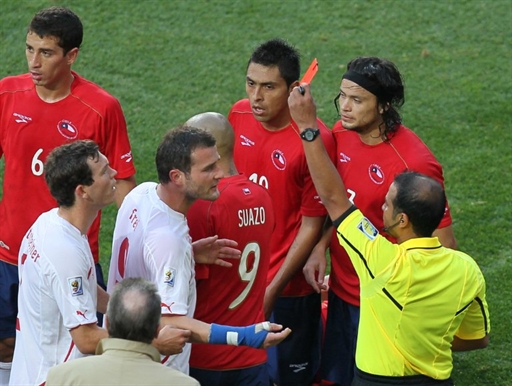
Switzerland may have lost Monday’s World Cup group match against Chile, but Swiss media have laid the blame for the defeat squarely on the shoulders of the referee.
Saudi Arabian referee Khalil Al Ghamdi handed a red card to Swiss midfielder Valon Behrami in the 31st minute for elbowing Chile’s Arturo Vidal, who was behind him. Vidal put his hands to his face and fell to the ground.
With Switzerland down to ten men, it was only a matter of time before Chile scored. The goal from Mark Gonzalez in the 75th minute took Chile to the top of Group H with six points and left Switzerland with three points.
“He didn’t even deserve a yellow card,” moaned Swiss coach Ottmar Hitzfeld, in Le Temps.
“The referee was fooled by the theatrics of the player and this sending off changed everything. With ten [players] it is difficult to defend against such a fierce opponent and we didn’t have enough strength to be a threat at their goal,” Hitzfeld said.
Swiss ref Urs Meier, questioned by the Tages-Anzeiger newspaper, said the scuffle “certainly” did not merit a red card. So, why was the red card was shown?
“Fifa doesn’t want the players to work with their arms,” explained Meier. “We tell our people to prevent that as far as is possible. But that certainly doesn’t mean that in a situation like this you should use such a drastic punishment.”
The free daily 20 Minuten said the “joke-ref” stole a point from Switzerland.
For the Blick tabloid, the Saudi referee’s decision may have “cost” them the World Cup.
“Ref, you camel!” shouted the paper’s front page. Al Ghamdi had “no place in the World Cup”, the newspaper continued.
The paper called the red card a “scandal”. “The Swiss should have been warned about the Arab ref: in his last three international matches before the World Cup Al Ghamdi issued five red cards and 18 yellow ones.”
All the pitch’s a stage
The Neue Zürcher Zeitung said it was “extraordinary” the way the Swiss footballers had resisted Chile’s onslaught and how they almost survived it.
“But at the end of the day there remains this 0:1 loss and the feeling that they did not achieve what they worked so hard for. Even worse: the Swiss feel cheated because the Saudi referee made mistakes… The ref showed nine yellow cards and one red – far too many,” said the paper’s Flurin Clalüna.
Players’ theatrical reactions to tackles have been a talking point in the World Cup. On Sunday Brazil’s Kaka earned a red card against Ivory Coast for a seemingly harmless collision with Ivorian midfielder Kader Keita, who – as in the Swiss match – fell to the ground dramatically, clutching his face. Brazil’s chiefs have not yet appealed against Kaka’s red card.
“The stadium is a theatre. It is also a court that delivers justice and provokes injustice,” commented the Tribune de Genève’s Pascal Bornand.
“Yesterday at Nelson Mandela Bay the theatrics of a bitter and poignant battle were played out. The proceedings have been opened… Sitting on the bench of the accused, the Saudi referee Khalil Al Ghamdi will plead not guilty – because the law protects him – and the cunning Arturo Vidal will come out of it with a prize for acting.”
British papers were sharply critical of the referee.
The Guardian’s Daniel Taylor said the red card for a “non-existant elbow” was a “deception of the worst kind” that left Switzerland’s Behrami “the victim of play-acting comparable to Abdul-kader Keïta’s faking to get Kaka sent off in Brazil’s match against Ivory Coast”. The Sun talked of a “kamikaze game”.
“Dare to dream”
But all is not lost for Switzerland, the papers agreed. Coach Hitzfeld now must draw the right lessons from the game, surmised Tages-Anzeiger’s Thomas Schifferle.
“Above all, he has to answer the question of how to counter Honduras. Twice the Swiss wanted to, and were able to put up a good defence. They used tactics that corresponded to their strengths and concealed their weaknesses,” said Schifferle.
“But now, on Friday at 8.30pm, they need goals. Hitzfeld must find the key to making his team dangerous in offensive play, without losing any of their defensive stability.”
The Neue Zürcher Zeitung said the game against Honduras would be a test of Swiss nerves, “but not only their nerves”.
“Because just how good the Swiss footballers are at offensive play is still a well guarded secret. They can defend themselves, as they proved against the Spaniards. And against Chile, and one man down, they were forced to take cover. That was a battle of self-defence which almost served for a draw, although at the end the Swiss can be glad that they didn’t lose 0:2 or 0:3, as the Chileans were dangerous with their chances,” said the paper.
Monday’s match showed Switzerland were “courageous, extremely solid defensively”, said La Liberté, and, “despite its defeat, Switzerland can still dare to dream”.
Jessica Dacey, swissinfo.ch (With input from Morven McLean)
Group A: South Africa, Mexico, Uruguay, France
Group B: Argentina, Nigeria, South Korea, Greece
Group C: England, United States, Algeria, Slovenia
Group D: Germany, Australia, Serbia, Ghana
Group E: Netherlands, Denmark, Japan, Cameroon
Group F: Italy, Paraguay, New Zealand, Slovakia
Group G: Brazil, North Korea, Ivory Coast, Portugal
Group H: Spain, Switzerland, Honduras, Chile
June 25: Honduras

In compliance with the JTI standards
More: SWI swissinfo.ch certified by the Journalism Trust Initiative

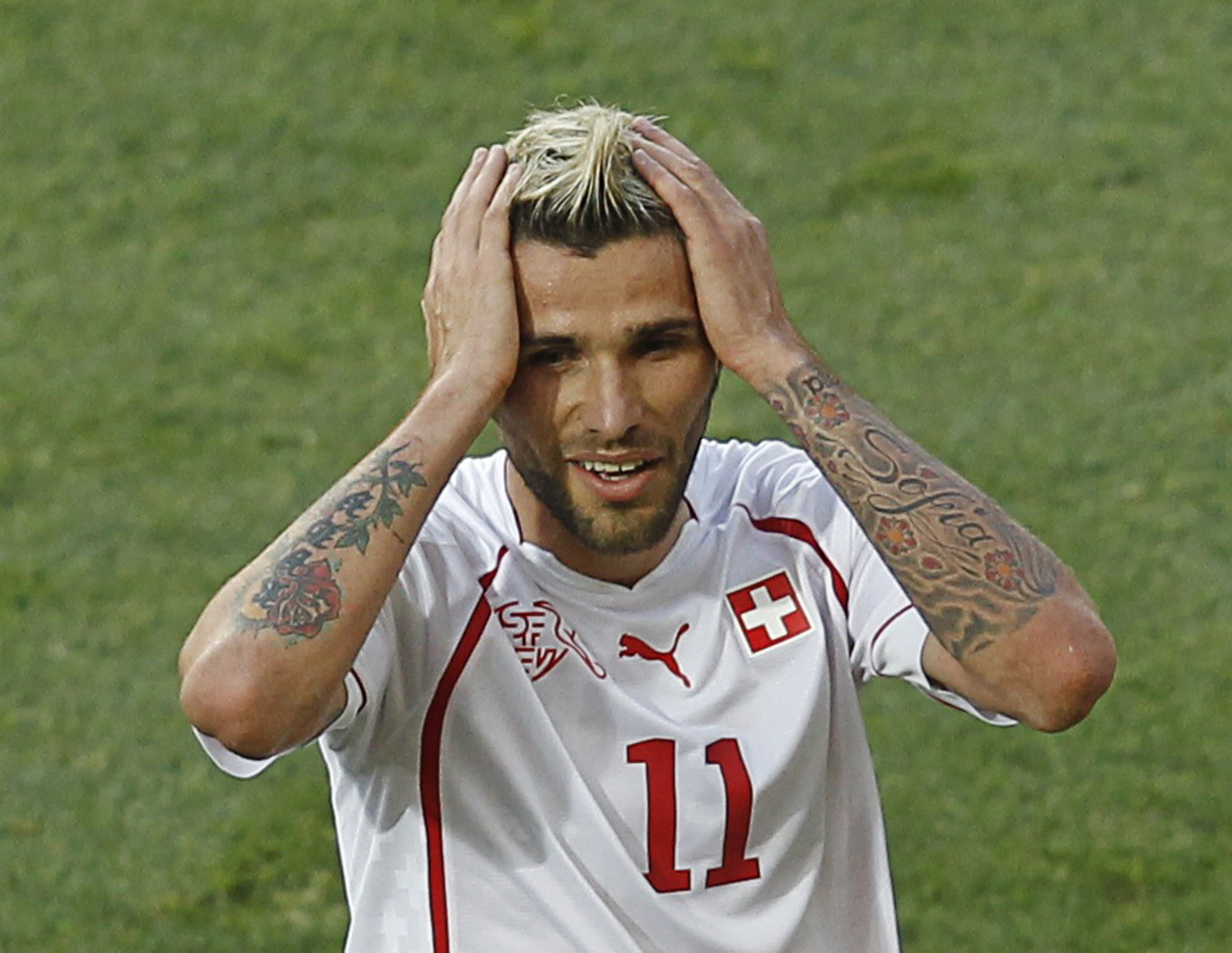
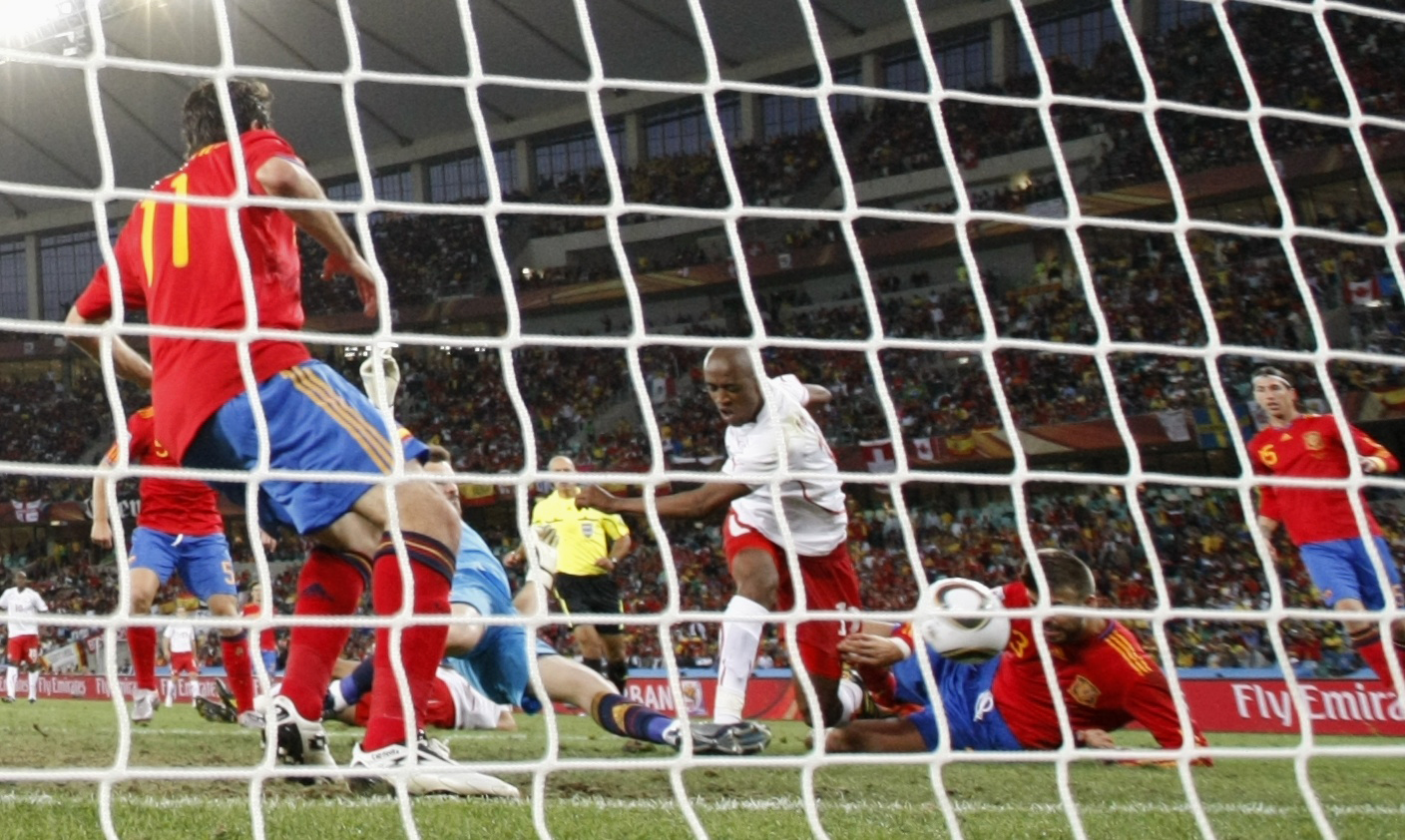
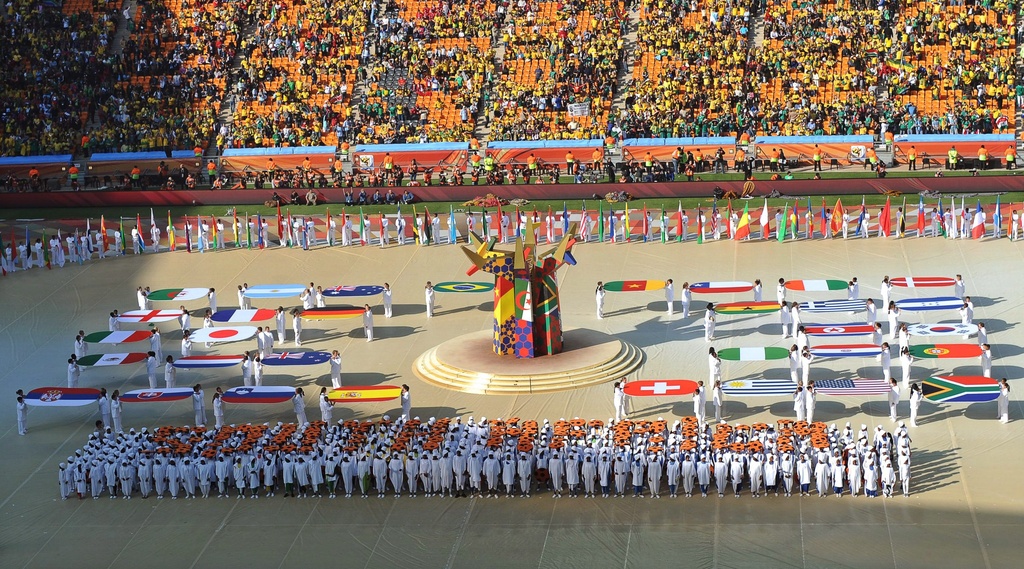
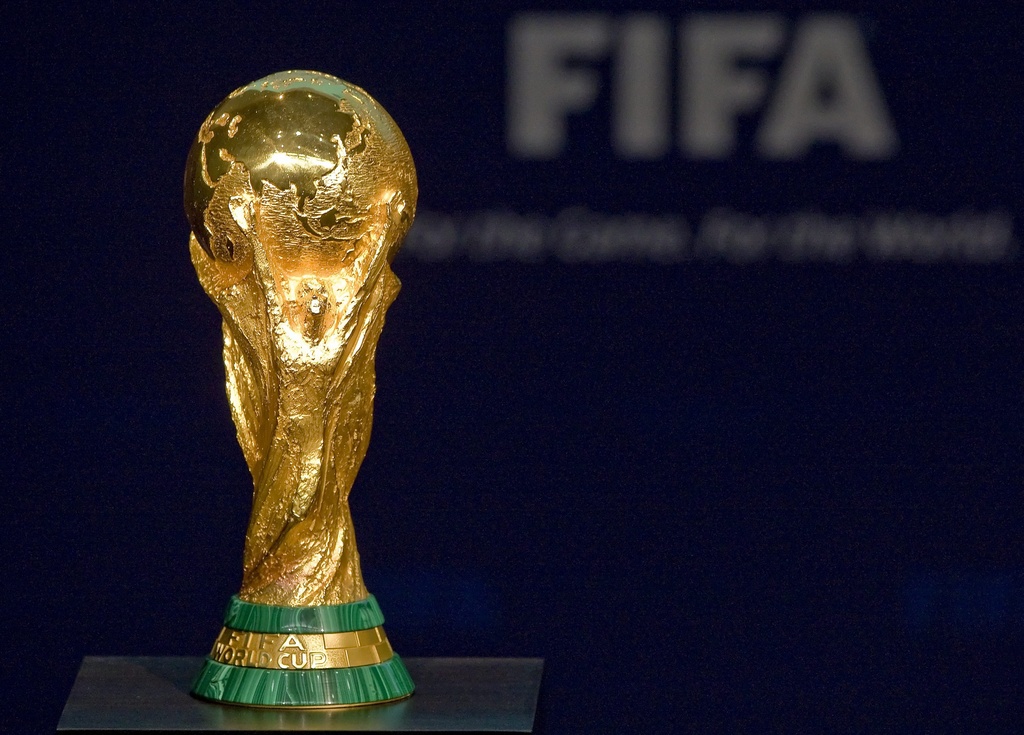
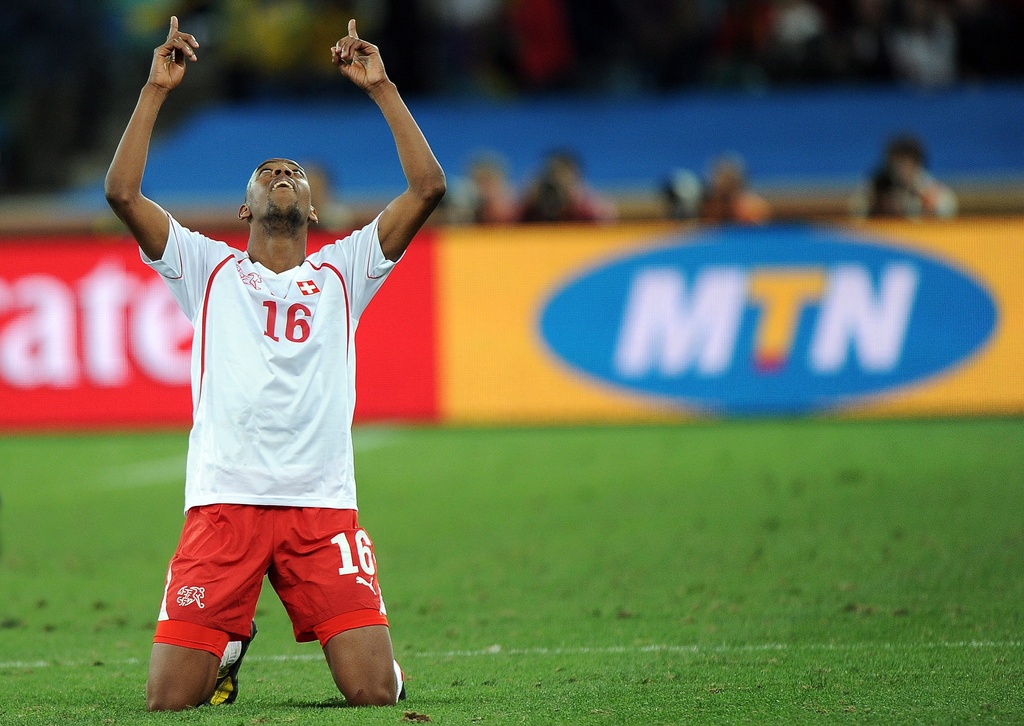
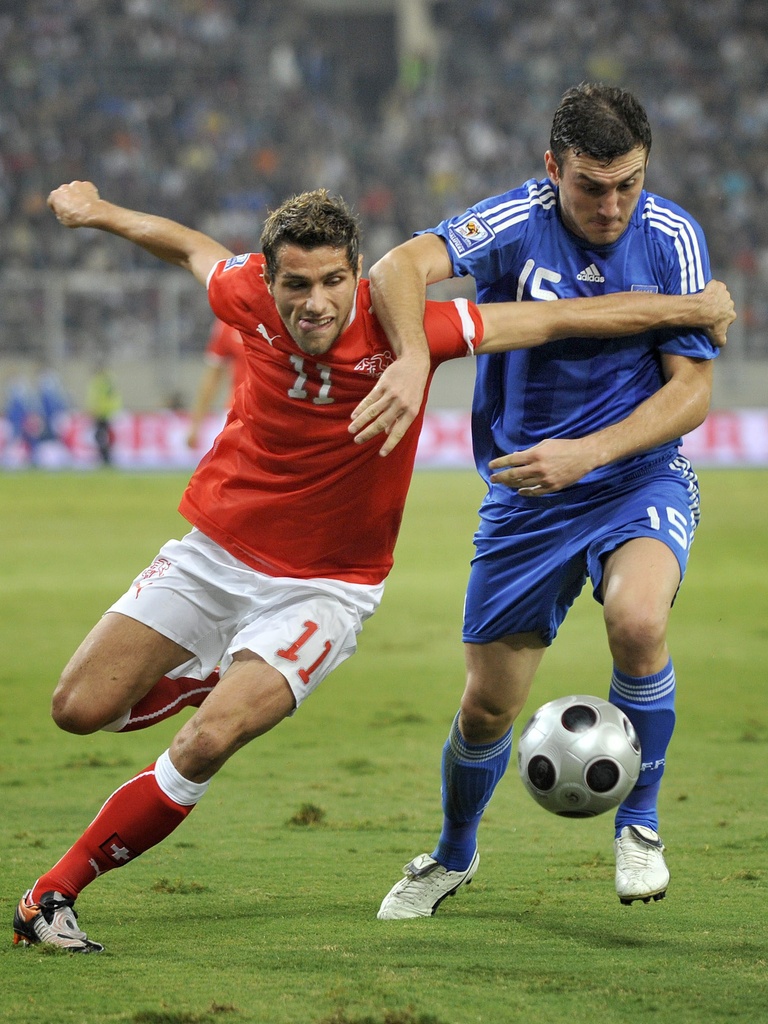
You can find an overview of ongoing debates with our journalists here. Please join us!
If you want to start a conversation about a topic raised in this article or want to report factual errors, email us at english@swissinfo.ch.